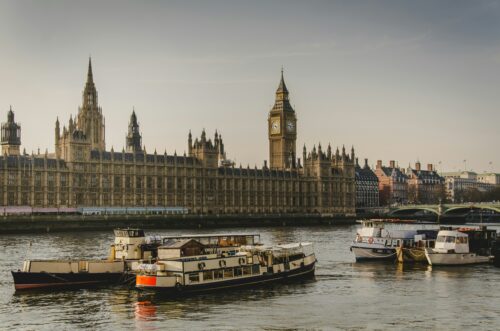
UKHospitality Cymru has expressed its disappointment at the Welsh Government’s decision to press on with plans to introduce legislation to enable a tourist tax despite the sector’s widespread rejection of the measures.
We are now calling for a legislative commitment that any funding raised by the imposed tax on overnight accommodation is ringfenced for the genuine benefit of hospitality and tourism businesses in Wales.
Tax on beds

David Chapman, Executive Director, UKHospitality Cymru
“This tax on beds is widely opposed by the accommodation sector in Wales who see it as anti-competitive and another restriction on an industry in the midst of its recovery and rebuilding efforts,” said David Chapman, UKHospitality Cymru’s Executive Director.
“It’s deeply disappointing that it is proceeding, particularly when more than three-quarters of respondents disagreed that local authorities should have discretionary levy powers.
“While the Welsh Government is right that visitor levies are common around the world, what they fail to mention is that in those countries they have a significantly lower level of VAT and other taxes incurred by British hospitality.
The introduction of this tourist tax simply raises the tax burden on our businesses even higher to punitive levels compared to the rest of the world, making us yet more uncompetitive compared to similar destinations.
“With the levy now proceeding, there must be a cast-iron commitment in legislation that any funding raised will be ringfenced for the genuine benefit of Welsh tourism and hospitality.
“UKHospitality Cymru is seeking further talks with Welsh Government following the announcement, where we will keep raising our members’ objections and fight fiercely for funding to be ringfenced away from other spending. Any funding raised must be dedicated to benefiting the industry – and only our industry – and for our members to have the decisive role in deciding how it is spent going forward,” said Chapman.





